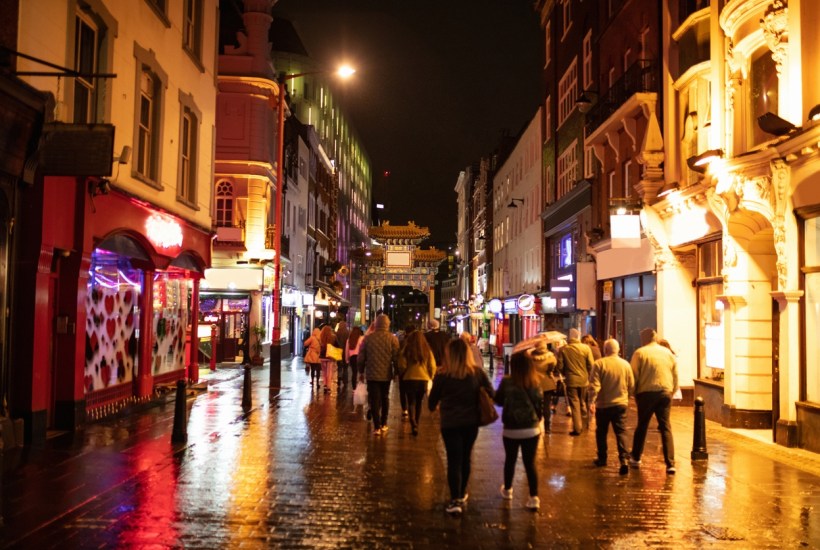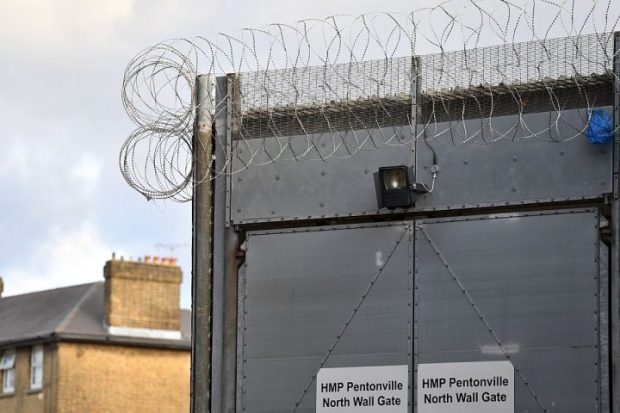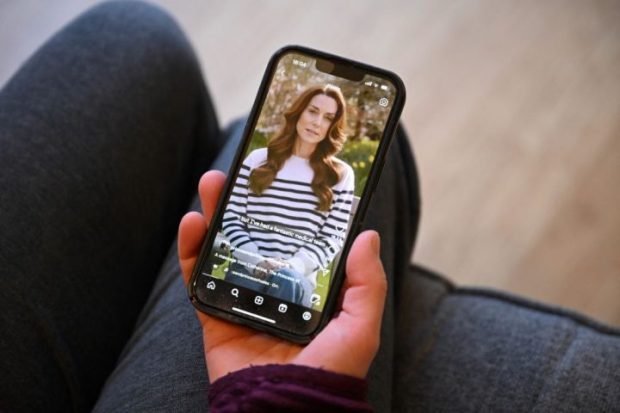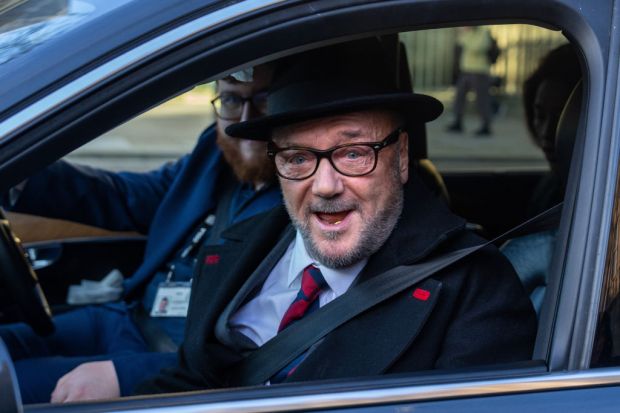The one certainty about crisis is that it makes bad situations worse. Anyone working in restaurants, pubs, cafes and clubs that depend on alcohol sales will have noticed ominous developments before Covid-19 struck.
Like so much else that matters, government policy has had nothing to do with the cultural change. The drying out of Britain has been fuelled by changes the authorities never initiated: greater awareness of the dangers to health, the growth of British Islam with its religious prohibitions, and the young turning away from their parents’ addictions. 20 per cent of people said they did not consume alcohol in 2017. The amount drinkers reported consuming had fallen by around 16 per cent since 2004. During the lockdown, which you might think would drive many to booze, one in three told pollsters working for Alcohol Change (UK) that they were drinking less.
In contrast, our political culture remains drink-sodden, dominated as it is by baby boomers, who drink far more than the young do. Successive governments have not wanted to think about drink-related diseases, or the role of alcohol in crime and the abuse of women and children. Boomers in power have so suppressed the price of their drug of choice that alcohol is now 74 per cent more affordable than it was in 1987.
As the web killed high streets, meanwhile, it seemed like common sense for the authorities to allow freeholders to turn shops into flats, given the housing crisis. The hip appeared to want to live in edgy neighbourhoods, but when they got there, they found they did not want their neighbourhood to be too close to the edge. Bohemians kill the thing they love, as they object to late-night clubs. Even if they do not, the process of gentrification pushes up rents forcing out small independent restaurants and bars, and persuades councils to look with favour on upmarket venues that won’t cause trouble.
Nightlife, like any other form of entertainment, must compete with every other form of entertainment. In the war of one against all, the web is the clear winner. Netflix and Spotify threaten cinemas and music venues. The rise of home delivery services threatens restaurants. Online dating means you don’t have to go to a pub or club to eye up a potential partner.
The night-time economy was the consumer society at its most extravagant and seductive, but also at its most vulnerable, and now it’s gone. The first concern should be with the laid off workers. As the Resolution Foundation said, you can generalise the economic effects of the virus by picturing middle-class home workers in their studies, still receiving their salaries, while saving the money they would have spent in bars and restaurants, where the working poor can no longer find work. But employers deserve sympathy too. The government, which is to say the taxpayer, is contributing to the wages of furloughed staff and business-rate relief. But rent and insurance still has to be paid, even though at least some insurers are refusing to compensate businesses which thought they had paid premiums to protect themselves.
Imagine what night life will be like in July, when Boris Johnson says parts of the hospitality industry may be able to reopen ‘provided they are safe and enforce social distancing’.
Social distancing and a night on the town don’t mix. How would you do it? You’d want to travel on public transport if you wanted a drink, but would be frightened to use it. You’d get to a club or restaurant and be greeted by waiters in face masks, who would rush to disinfect your table when you got up to leave. With no atmosphere and little pleasure to offer, these businesses will die. Most will be small and medium sized businesses because pubs, clubs, restaurants and cafes are one of the few areas of the economy not dominated by conglomerates. More to the point, they are businesses run on tight margins, where profit comes from the takings in the last few hours on a Saturday night.
A paper published today by Philip Kolvin QC, the country’s leading authority on licencing, and Alicia Scholer, from the US Responsible Hospitality Institute, says that when and if the lockdown is eased, venues:
‘will enter the new era saddled with debt in a society impoverished by the gargantuan public expenditure required to keep society afloat and seriously depleted fiscal revenues, and with their principal customer base – the young – hit hardest of all.’
The only conceivable way for pubs and restaurants to meet social distancing rules is if local authorities allow them to put tables on the streets. But like the politicians’ exhortations for people to walk and cycle to work, that will only be possible if the authorities force cars to make way for them, and to date there is little sign the government will allow anything more than cosmetic measures. It is a sign of how powerful the hold of the car culture is on public life that the narrow streets of Soho, the centre of London’s night-time economy, are still open to traffic 24/7. If you want to save the businesses, you have to ban the cars and free the space.
The report’s authors argue that the social economy does not depend only on bars and restaurants. We need to see a renewed emphasis on the public realm, ‘with a premium on safety, accessibility and environmental quality’. A civilised urban centre ‘will provide plentiful opportunity for free water. Street-scenes will be greened, pocket parks and micro-rest spaces will be installed, while town squares will benefit from free leisure activities such as play equipment, table tennis and chess, benefiting children (who are so often forgotten in debates about the social economy) and adults alike.’ Once again, a better environment would benefit cyclists and walkers as well as businesses.
There are other measures well worth thinking about. Local authorities should adapt to a world where people drink one glass of wine or beer in an evening, or no alcohol at all, and stop treating every request for a licence to serve alcohol as if it was as dangerous as an application to run a dockland boozer when the fleet’s pulled into port.
I like the ideas of Anne Hidalgo, the mayor of Paris, who promises to create a ‘ville du quart d’heure’ – a 15-minute city. Before the crisis, she had the foresight to say she wanted to encourage more self-sufficient communities within each arrondissement of the French capital, with grocery shops, parks, cafes, sports facilities, health centres, schools and workplaces, if possible, just a walk or bike ride away. Once again, and we keep running into this, her future means moving away from the 20th century obsession with car use.
When Hidalgo first unveiled her ideas, they could be dismissed as green dreaming. Now they seem like essential measures to save both businesses and the pleasures of urban living, which otherwise will face an unimaginable battering.
Got something to add? Join the discussion and comment below.
Get 10 issues for just $10
Subscribe to The Spectator Australia today for the next 10 magazine issues, plus full online access, for just $10.





















Comments
Don't miss out
Join the conversation with other Spectator Australia readers. Subscribe to leave a comment.
SUBSCRIBEAlready a subscriber? Log in